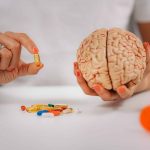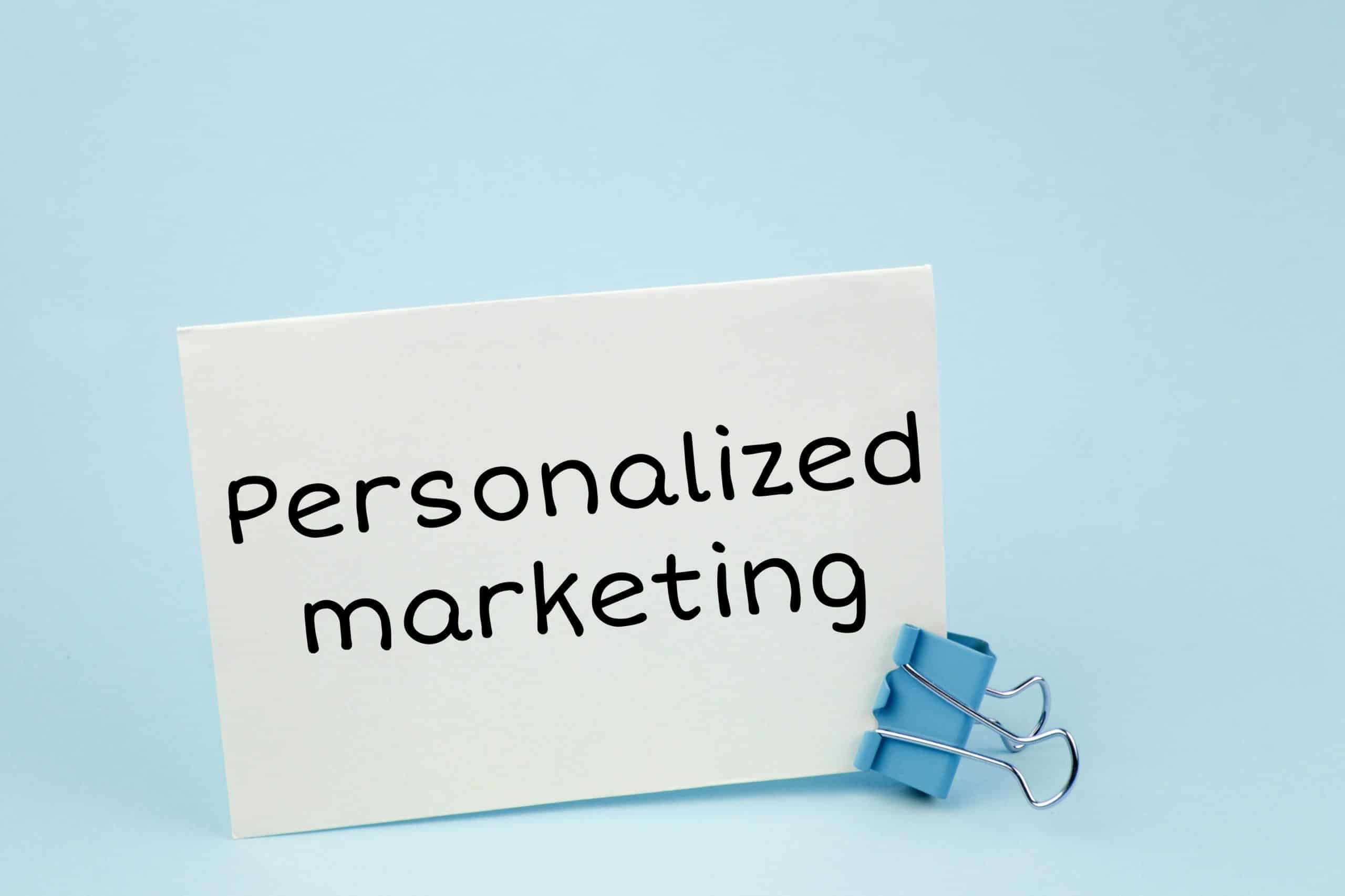The advent of technology has revolutionized many aspects of our daily lives, from the way we communicate to how we manage our health. Among these notable advancements is the use of artificial intelligence (AI) in the realm of nutrition. These AI-based nutritional apps aim to provide personalized dietary recommendations, meticulously tailored to fit an individual’s health needs and personal preferences – all based on a substantial amount of data.
As technology continues to advance at an unprecedented rate, you might wonder, can these AI-based nutritional apps truly personalize diet plans for optimal health? This article delves into that question, shedding light on the intersection of nutrition, health, and technology.
Topic to read : What’s the Role of Robotics in Streamlining Warehouse Inventory Management?
The ‘Smart’ Approach to Nutrition
Understanding nutrition is no longer confined to the four corners of a classroom or the pages of a textbook. Today, you can have a wealth of dietary information at your fingertips, thanks to AI-based nutritional apps.
These apps are far from generic; they offer personalized meal plans based on a user’s specific health conditions, goals, and food preferences. This individualized approach presents a major leap from traditional diet planning, which often employs a one-size-fits-all strategy. By utilizing technology’s vast capabilities, these apps deliver a rich, personalized experience that makes diet planning more engaging and effective.
Also to read : How Is AI Contributing to More Accurate Predictions of Solar Flares?
Personalization: The Key to Optimal Health
You might be asking, why the emphasis on personalization? Simple – because we are all unique. Our bodies respond differently to various types of food, and our health needs change over time.
AI-based nutritional apps consider these individual differences by collecting and analyzing user data. This analysis includes factors like age, gender, lifestyle, medical history, and dietary preferences. By gaining a comprehensive understanding of these aspects, the apps can create a diet plan that promotes optimal health for each user.
User Data: The Foundation of Personalized Recommendations
One of the most critical components of AI-based nutritional apps is the ability to collect and analyze user data. This process involves more than just asking users about their favorite foods or physical activities.
The apps gather information about users’ health conditions, dietary restrictions, physical activities, and food preferences. They also track users’ meal times, frequency of meals, and portion sizes. This data is then analyzed and used to create personalized meal plans that align with users’ health goals and dietary preferences.
Making Healthy Choices Easier with AI
Making healthier food choices is often a daunting task, but AI-based nutritional apps aim to make it less overwhelming. By providing easy-to-understand, personalized dietary recommendations, these apps help users make informed decisions about their food intake.
These recommendations are not just about what to eat, but also when to eat. By considering users’ meal times and frequency, the apps can suggest the best times for meals and snacks. This is particularly beneficial for users with specific dietary needs, such as those managing diabetes or trying to lose weight.
The Future of AI-Based Nutritional Apps
You’ve seen how AI-based nutritional apps use data to craft personalized meal plans and dietary recommendations. But what does the future hold for these powerful tools?
As the field of AI continues to evolve, the capabilities of these apps will likely expand. Future iterations may be able to analyze genetic data, providing even more personalized recommendations. For instance, certain genetic markers could indicate a higher risk for diseases like diabetes or heart disease. By analyzing this data, AI-based nutritional apps could recommend diet plans designed to mitigate these risks.
Furthermore, advancements in wearable technology could provide an even more comprehensive picture of a user’s health. By integrating data from fitness trackers or smartwatches, these apps could account for daily physical activity, sleep patterns, and stress levels in their dietary recommendations.
Though we’re still at the dawn of this exciting intersection of technology and nutrition, there’s no denying the potential of AI-based nutritional apps in promoting optimal health through personalized diet plans.
AI-Based Nutritional Apps and Gut Microbiome
The gut microbiome, a community of trillions of microorganisms living in our gut, is critical to our overall health and well-being. These microorganisms play a crucial role in digesting food, producing vitamins, and protecting against disease. Recent studies have even linked the gut microbiome to mental health.
Artificial intelligence has the potential to analyze and understand how our gut microbiome interacts with the food we consume. By collecting and processing dietary data, AI-based nutritional apps can provide insight into how different foods affect our gut microbiome and overall health.
In the future, these apps could even utilize real-time data to make immediate dietary recommendations. For instance, if a user’s gut microbiome data indicates low levels of a certain beneficial bacteria, the app could recommend foods known to increase that bacteria’s population.
Moreover, incorporating machine learning techniques could allow the apps to learn from the collected data over time. The apps could then make increasingly accurate and personalized nutrition recommendations, helping users to optimize their gut health. This could be particularly beneficial for those with specific health concerns such as irritable bowel syndrome or chronic diseases like diabetes.
Conclusion: The Promise of Personalized Nutrition Strategies
In conclusion, AI-based nutritional apps hold great potential for personalizing diet plans to promote optimal health. By harnessing the power of artificial intelligence and machine learning, these apps can analyze a wealth of user data to deliver individually tailored meal plans.
With the ability to consider factors like physical activity, medical history, and gut microbiome, these mobile apps can make informed dietary recommendations in real time. This facilitates health-conscious decisions, making it easier for users to manage their weight loss goals, chronic diseases, or simply maintain their health.
As the technology continues to evolve, the potential of these apps to revolutionize nutrition strategies is undeniable. From helping individuals manage their unique health concerns to aiding in disease prevention, AI-based nutritional apps are paving the way for a healthier future.
However, it is important to remember that while these apps can provide valuable guidance, they should not replace professional medical advice. Always consult with a healthcare provider when making significant changes to your diet or managing health conditions. With the right balance of technology and professional guidance, personalized nutrition can truly become a reality for optimal health.











